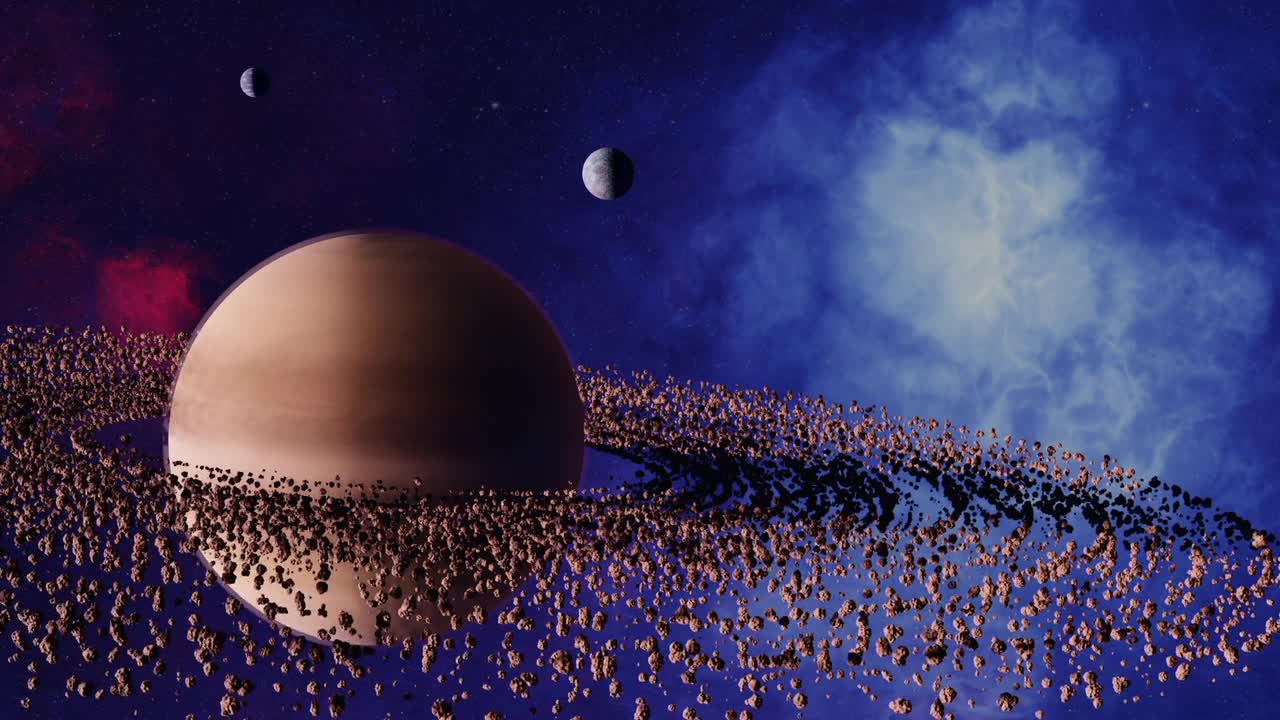Premium Only Content

The Planet
planet is a large astronomical body that is neither a star nor a stellar remnant. There are competing scientific definitions of a "planet". In the dynamicist definition adopted by the International Astronomical Union (IAU), a planet is a non-stellar body that is massive enough to be rounded by its own gravity, that directly orbits a star, and that has cleared its orbital zone of competing objects. The IAU has also declared that there are eight planets in the Solar System, independently of the formal definition.[a][1][2] In the geological definition used by most planetologists, a planet is a rounded sub-stellar body, possibly a satellite. In addition to the eight Solar planets accepted by the IAU, these include dwarf planets such as Eris and Pluto and planetary-mass moons.[3] Bodies meeting the geological definition are sometimes called "planetary-mass objects" or "planemos" for short.
The term planet is ancient, with ties to history, astrology, science, mythology and religion. Apart from the Moon, five planets are visible to the naked eye in the night sky. Planets were regarded by many early cultures as emissaries of deities or as divine themselves. As scientific knowledge advanced, human perception of the planets changed, and the invention of the telescope enabled the discovery of additional planetary objects that were diverse in size, shape and orbit. In 2006, the IAU adopted a resolution limiting the number of planets within the Solar System, though they are not followed by all astronomers, especially planetologists. The IAU resolution is controversial because it excludes many geologically active planetary-mass objects due to where or what they orbit.
Ptolemy thought that the planets orbited Earth in deferent and epicycle motions. Although the idea that the planets orbited the Sun had been suggested before, it wasn't until the 17th century that this view was supported by the concrete evidence, in the form of telescopic observations performed by Galileo Galilei. About the same time, by careful analysis of pre-telescopic observational data collected by Tycho Brahe, Johannes Kepler discovered that the planets' orbits were elliptical rather than circular. As observational tools improved, astronomers saw that, like Earth, each of the planets rotated around an axis tilted with respect to its orbital pole, and that some shared such features as ice caps and seasons. Since the dawn of the Space Age, close observations by space probes have found that Earth and other planets share additional characteristics such as volcanism, hurricanes, tectonics and even hydrology.
-
 3:18:12
3:18:12
DLDAfterDark
9 hours ago $3.75 earnedDLD Live! What Are Your Top 5 Guns??
34.6K3 -
 3:10:03
3:10:03
Mally_Mouse
13 hours agoSpicy Saturday!! - Let's Play: Lockdown Protocol w/Friends!
395K11 -
 LIVE
LIVE
Major League Fishing
3 days agoLIVE! - Bass Pro Tour: Heavy Hitters - Day 1
1,507 watching -
 8:00:02
8:00:02
SpartakusLIVE
13 hours agoWZ Solos || #1 Challenge MASTER brings you Saturday SPARTOONS
66.2K1 -
 9:05:51
9:05:51
Spartan (Pro Halo esports Player)
15 hours agoNo Scrims today so Ranked for a bit then SWTOR
54.6K2 -
 58:42
58:42
Sarah Westall
15 hours ago500 Vaccine Schedule, WHO & UN Deception, Cyborg Depopulation Agenda w/ Dr. Rima Laibow
87.7K48 -
 9:15
9:15
The Art of Improvement
2 days agoThe Power of Micro-Goals
40.3K3 -
 16:16
16:16
megimu32
22 hours agoKerplunk Unboxing: Loud, Chaotic & Definitely a Sibling Trap
27.7K19 -
 22:55
22:55
marcushouse
23 hours ago $1.68 earnedStarship’s Flight Plan Just Took an Unexpected Turn!
23.1K9 -
 1:29
1:29
Memology 101
1 day ago $2.41 earnedShe just SNITCHED on her ENTIRE party…😂😂😂
18.4K18